Best Of Bangladesh In Europe: Collaboration, Growth, And Future Prospects
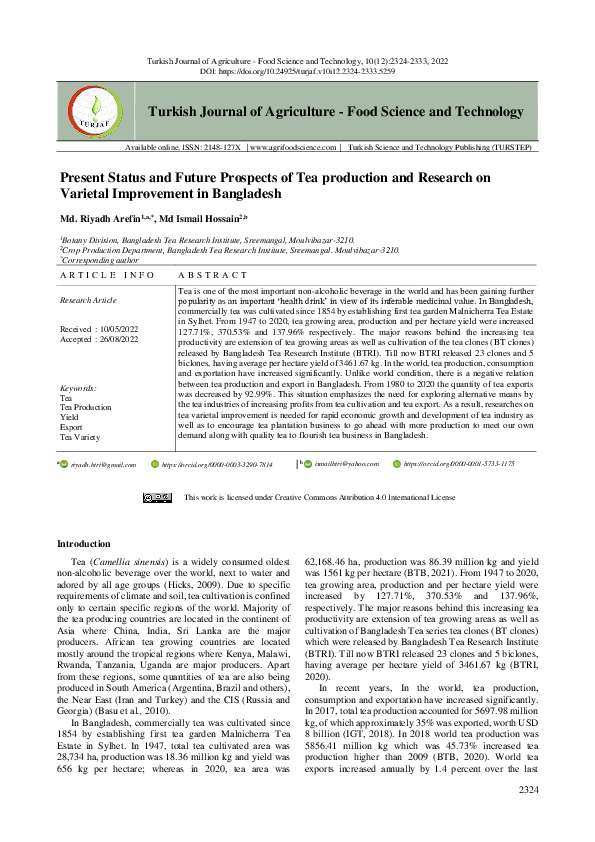
Table of Contents
Economic Collaboration: Driving Growth and Development
The economic partnership between Bangladesh and Europe is a cornerstone of their bilateral relationship, fueled primarily by trade and investment. Understanding the nuances of this collaboration is crucial to unlocking further potential.
The RMG Sector: A Cornerstone of Bangladesh-Europe Trade
The Ready-Made Garments (RMG) sector is undeniably the backbone of Bangladesh-Europe trade. Bangladeshi RMG exports constitute a significant portion of the country's GDP and represent a substantial market for European consumers. However, this success story isn't without its challenges.
- Key European markets for Bangladeshi RMG: The UK, Germany, France, Italy, and Spain are among the largest importers of Bangladeshi garments.
- Growth projections: While growth is projected to continue, it's crucial to focus on sustainable and ethical practices to maintain market access and consumer trust.
- Challenges related to fair wages and environmental impact: Concerns about worker wages, working conditions, and environmental sustainability persist, demanding proactive solutions from both Bangladeshi manufacturers and European buyers. The implementation of the EU's GSP+ scheme (Generalized System of Preferences Plus) is directly linked to upholding human and labor rights and environmental standards.
- Opportunities for sustainable practices: Investing in green technologies, promoting fair labor practices, and obtaining relevant certifications (e.g., GOTS, OEKO-TEX) can enhance Bangladesh's competitiveness and attract environmentally conscious European consumers. This focus on "sustainable fashion" is crucial for long-term success. Keywords: "RMG sector," "Bangladesh garment industry," "EU-Bangladesh trade," "sustainable fashion," "ethical sourcing."
Beyond Garments: Diversifying Trade Partnerships
While the RMG sector dominates, Bangladesh's economic collaboration with Europe extends to other vital sectors. Diversification is key to reducing reliance on a single industry and fostering more robust, resilient growth.
- Pharmaceutical exports: The pharmaceutical industry is rapidly expanding, with potential for increased exports of generic medicines to Europe.
- Jute industry: Bangladesh's dominance in jute production offers opportunities for collaboration in sustainable packaging and eco-friendly materials.
- Agricultural products: Exporting high-quality agricultural products like tea, spices, and fruits to European markets can further boost economic ties.
- IT sector: The burgeoning IT sector presents substantial opportunities for collaboration in software development, outsourcing, and data management. This area offers a significant potential for creating higher-skilled jobs and attracting investment from European tech companies. Keywords: "Pharmaceutical exports," "Jute industry," "Agricultural products," "IT sector," "Bangladesh exports to Europe."
Investment and Foreign Direct Investment (FDI): Fostering Economic Growth
European investment plays a vital role in Bangladesh's economic development. Attracting more Foreign Direct Investment (FDI) is crucial for infrastructure development, job creation, and technological advancement.
- Examples of major European investments: Several European companies have invested significantly in various sectors in Bangladesh, including energy, infrastructure, and manufacturing.
- Government initiatives to attract FDI: The Bangladeshi government has implemented several policies and incentives to attract more FDI, including tax breaks and streamlined regulatory processes.
- Challenges related to regulatory frameworks and infrastructure: Improving infrastructure, simplifying regulations, and ensuring a stable political environment are crucial for attracting further investment. Keywords: "Foreign direct investment," "European investment in Bangladesh," "Economic development," "Infrastructure development."
Cultural Exchange and People-to-People Connections
Beyond economic ties, the cultural exchange between Bangladesh and Europe is enriching both societies. Strengthening people-to-people connections is vital for fostering long-term collaboration.
Education and Skills Development: Bridging the Gap
Educational partnerships and skill development programs are essential for bridging the knowledge gap and fostering mutual understanding.
- Examples of successful educational partnerships: Several universities and educational institutions in Bangladesh and Europe have established successful collaborative projects, including student exchange programs and joint research initiatives.
- Student exchange programs: Increasing student exchange programs can foster mutual understanding and create a network of future leaders who are well-versed in both cultures.
- Skill development initiatives: Targeted skill development programs can equip Bangladeshi workers with the skills needed for higher-paying jobs, enhancing their competitiveness in the global market.
- Challenges related to recognition of qualifications: Harmonizing educational standards and ensuring mutual recognition of qualifications can facilitate greater mobility of students and skilled workers. Keywords: "Educational collaboration," "Student exchange programs," "Skill development," "Higher education," "Bangladesh-Europe partnerships."
Cultural Diplomacy and Soft Power: Strengthening Ties
Cultural exchange initiatives play a vital role in building people-to-people connections and promoting mutual understanding.
- Examples of cultural exchange initiatives: Art exhibitions, music festivals, and literary events can promote cultural appreciation and create deeper understanding between the two regions.
- Potential for promoting cultural tourism: Showcasing Bangladesh's rich cultural heritage through tourism can foster economic growth and intercultural understanding.
- Challenges related to visa requirements and cultural understanding: Simplifying visa processes and promoting cultural sensitivity can further facilitate cultural exchange and tourism. Keywords: "Cultural exchange," "Cultural diplomacy," "Tourism," "People-to-people connections," "Soft power."
Future Prospects and Challenges for Bangladesh in Europe
Looking ahead, addressing global challenges and strengthening partnerships are crucial for securing a brighter future for Bangladesh-Europe collaboration.
Navigating Global Challenges: Sustainability and Climate Change
Collaboration is essential to addressing shared global challenges like climate change and sustainability.
- Opportunities for joint projects on renewable energy: Joint projects on renewable energy, sustainable agriculture, and climate adaptation can foster technological advancements and environmental protection.
- Sustainable development: Promoting sustainable development practices in all sectors is vital for ensuring long-term prosperity and environmental responsibility.
- Challenges related to funding and technology transfer: Securing funding and facilitating technology transfer are crucial for implementing sustainable development projects. Keywords: "Climate change," "Sustainability," "Renewable energy," "Sustainable development," "Global challenges."
Strengthening Partnerships: Policy and Regulatory Frameworks
Strong policy frameworks and regulatory alignment are vital for fostering long-term collaboration.
- Suggestions for improving trade agreements: Streamlining trade agreements and reducing barriers to trade can further enhance economic collaboration.
- Enhancing regulatory cooperation: Harmonizing regulatory frameworks can reduce compliance costs and enhance the efficiency of trade and investment.
- Promoting a more favorable investment climate: Creating a stable and predictable investment climate is crucial for attracting further investment and fostering economic growth. Keywords: "Trade agreements," "Regulatory frameworks," "Investment climate," "Policy cooperation," "Bilateral relations."
Conclusion: Securing a Brighter Future Through Bangladesh-Europe Collaboration
The "Best of Bangladesh in Europe" represents a significant opportunity for mutual growth and development. By strengthening economic partnerships, fostering cultural exchange, and proactively addressing shared challenges, both regions can secure a brighter future. Continued investment in sustainable practices, robust policy frameworks, and strong people-to-people connections are essential. We must leverage the opportunities presented by the burgeoning IT sector, diversify beyond the RMG industry, and foster an even more favorable investment climate. To learn more about the exciting opportunities for collaboration within the "Best of Bangladesh in Europe," and to explore potential partnerships, engage with relevant organizations and initiatives focusing on Bangladesh-Europe relations. Embrace the potential of this dynamic relationship and help shape a future built on mutual prosperity and understanding.

Featured Posts
-
 A Seattle Womans Pandemic Refuge Finding Solace In Urban Green Space
May 24, 2025
A Seattle Womans Pandemic Refuge Finding Solace In Urban Green Space
May 24, 2025 -
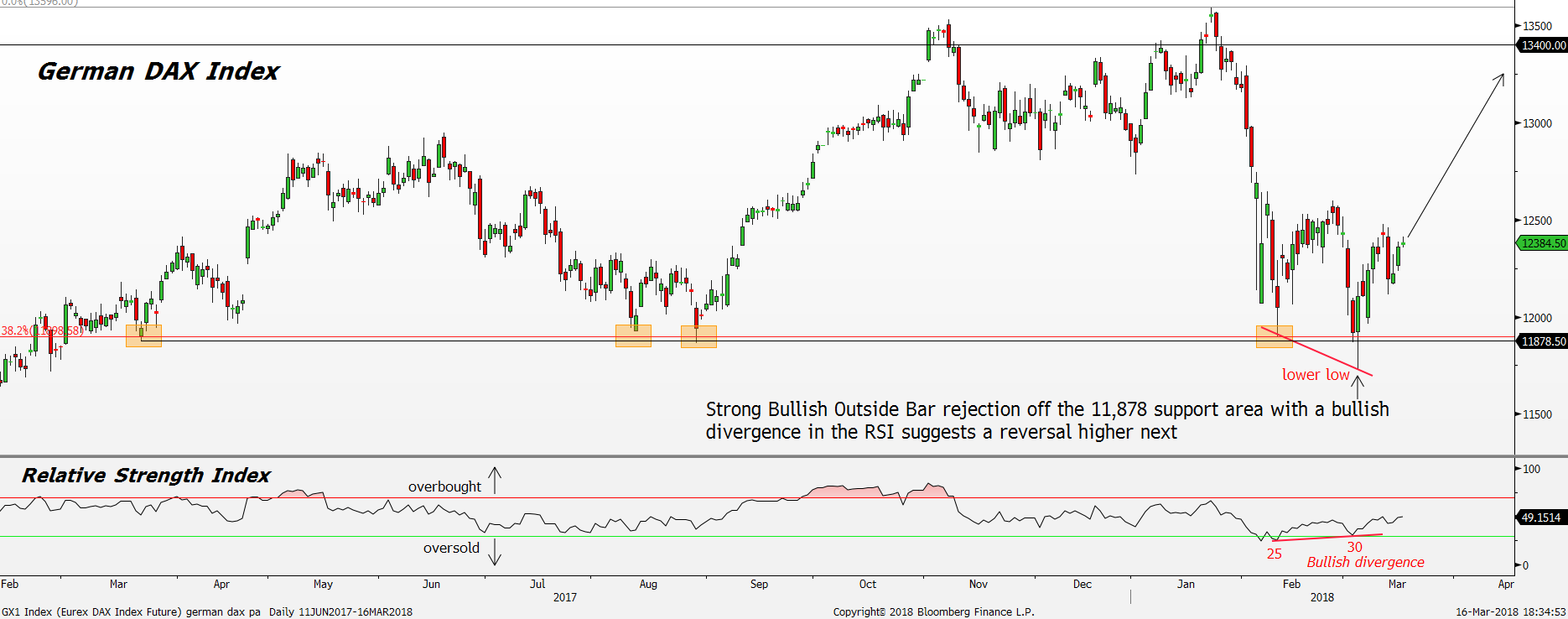 Dax Surge Will A Wall Street Rebound Dampen German Market Gains
May 24, 2025
Dax Surge Will A Wall Street Rebound Dampen German Market Gains
May 24, 2025 -
 Amsterdam Exchange Down 2 Impact Of Trumps Latest Tariff Increase
May 24, 2025
Amsterdam Exchange Down 2 Impact Of Trumps Latest Tariff Increase
May 24, 2025 -
 Herstel Op Beurzen Na Uitstel Trump Alle Aex Fondsen In De Plus
May 24, 2025
Herstel Op Beurzen Na Uitstel Trump Alle Aex Fondsen In De Plus
May 24, 2025 -
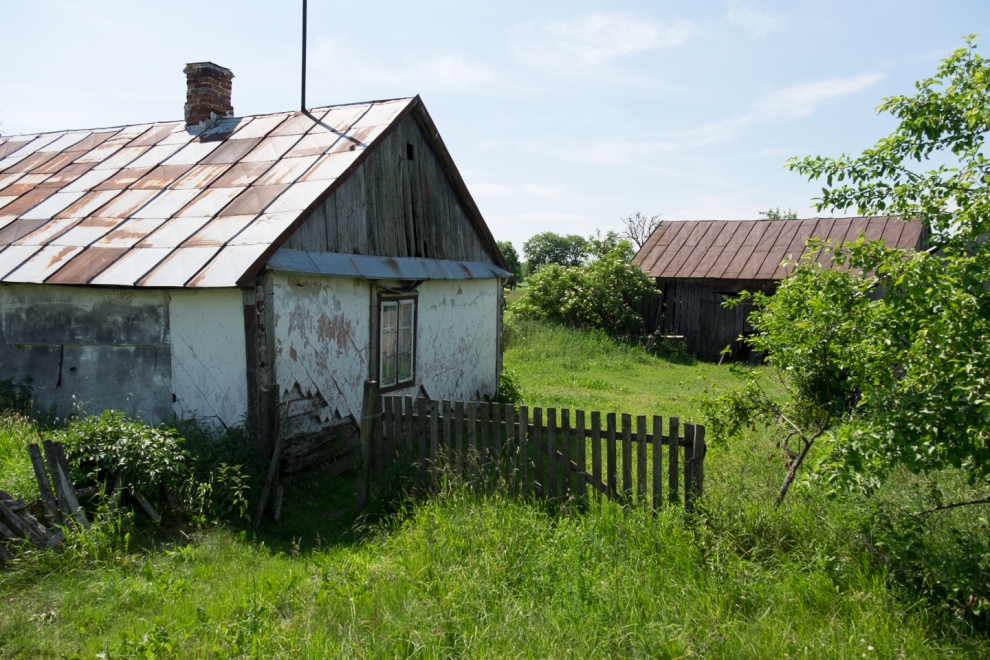 Your Checklist For A Successful Escape To The Country
May 24, 2025
Your Checklist For A Successful Escape To The Country
May 24, 2025
Latest Posts
-
 From Scatological Data To Podcast Insights Ai Digest For Repetitive Documents
May 24, 2025
From Scatological Data To Podcast Insights Ai Digest For Repetitive Documents
May 24, 2025 -
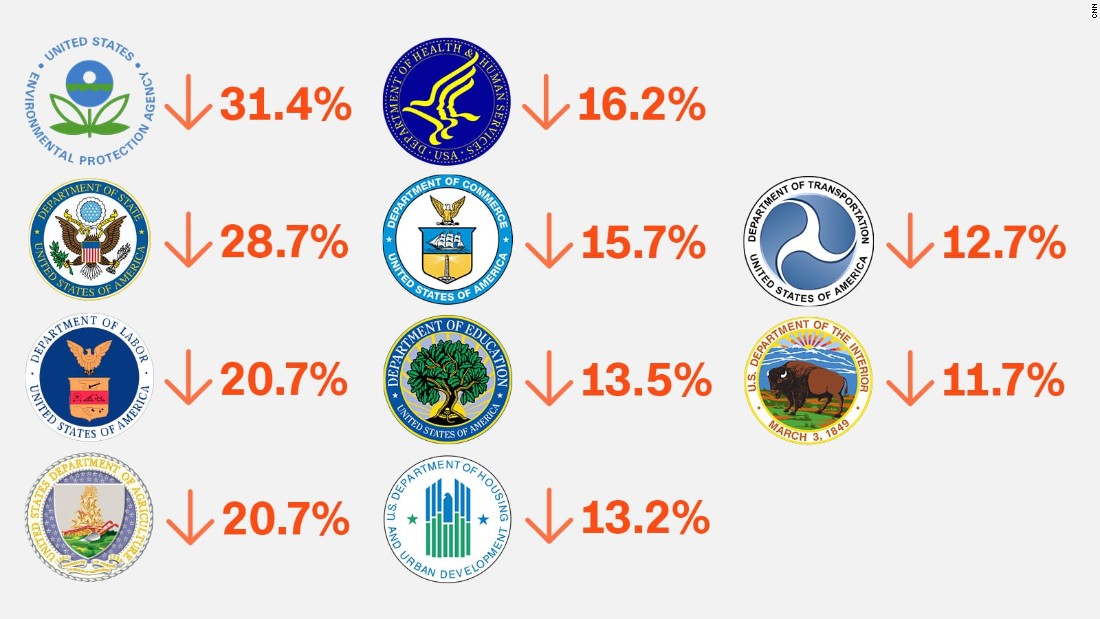 Saving Our Museums The Urgent Need For Funding After Trumps Budget Cuts
May 24, 2025
Saving Our Museums The Urgent Need For Funding After Trumps Budget Cuts
May 24, 2025 -
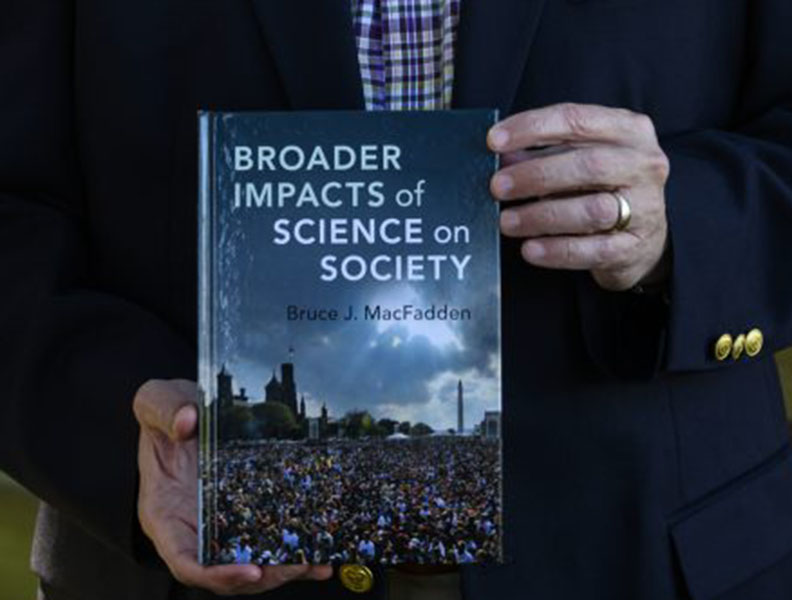 Funding Crisis How Trumps Budget Impacts Museum Education And Outreach
May 24, 2025
Funding Crisis How Trumps Budget Impacts Museum Education And Outreach
May 24, 2025 -
 Analyzing The Impact Of Trumps Cuts On Museum Programming And Accessibility
May 24, 2025
Analyzing The Impact Of Trumps Cuts On Museum Programming And Accessibility
May 24, 2025 -
 The Future Of Museum Programs In The Wake Of Trumps Budget Decisions
May 24, 2025
The Future Of Museum Programs In The Wake Of Trumps Budget Decisions
May 24, 2025
